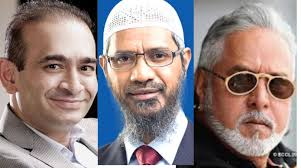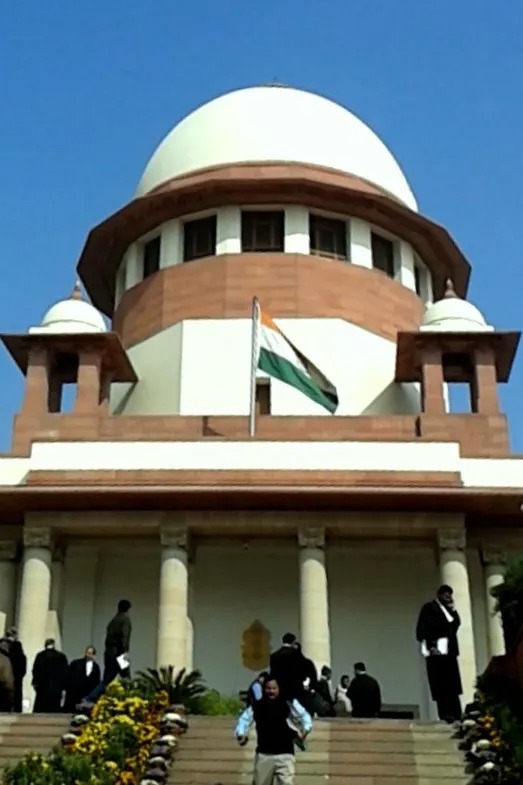Bilal Nazki, J.@mdashThe petitioner has challenged the order dt. 4.5.1998 passed by the A.P. Administrative Tribunal, Hyderabad dismissing his O.A. being O.A. No. 2030 of 1997. He has also challenged the order in ROC No. 394/96-Admn., dt. 20.12.1996 promoting 2nd respondent as Assistant Registrar as illegal and arbitrary.
2. The following facts are not in dispute. That the petitioner was senior to 2nd respondent in the category-V of A.P. Administrative Tribunal, Gazetted service i.e., Court Master/Personal Assistant. His probation was declared with effect from 9.11.1983, whereas the 2nd respondent''s probation was declared with effect from 14.1.1984. A seniority list of category-V officers was issued on 11.2.1992. In the said seniority list the petitioner stood at Sl.No.3 and the 2nd respondent stood at Sl.No.4. When there was a vacancy of Assistant Registrar''s post, they had to be considered and after consideration, the 2nd respondent was promoted and the petitioner was rejected.
3. The main contention of the petitioner was that certain adverse remarks were taken into consideration by the selection authority on the basis of which he was not promoted, although these adverse remarks had never been communicated to him. This fact has been accepted by the 1st respondent in the counter-affidavit filed before the Tribunal as well as before this Court. But at page No. 4 of the counter-affidavit filed before this Court it has been stated, ".........when a representation was made by the petitioner on 5.2.1997, adverse remarks made for the years 1993, 1994, 1995 and 1996 were communicated to the petitioner by Memo, dated 7.2.1997. The adverse remarks made against the petitioner are as follows:
(1) He has to improve sincerity to work and dedication to duty;
(2) He has to improve sincerity to work and dedication to duty;
(3) Avoids work;
(4) Avoids work;"
But surprisingly the 1st respondent took a stand, "the contention of the petitioner that the adverse remarks are not communicated to him is not correct and tenable, as the nature of remarks itself shows that he is aware of the same as they pertain to discharge of his duties. The contention of the petitioner that the adverse remarks are delightfully vague, bald and indefinite is untenable. The nature of adverse remarks made by his superiors about the work of the petitioner itself establishes that there are lapses on the part of the petitioner in attending to his duties promptly and diligently." It appears that the 1st respondent wants this Court to believe that if an officer has shortcomings and if the superior officer feels that the officer has shortcomings, the concerned officer should also know it. Whatever an officer thinks of his subordinate has to be recorded in the confidential reports and j they cannot be communicated through telepathy. If they are adverse, they have to be communicated in writing. Admittedly these remarks were not communicated to the petitioner and they were communicated to him after he was rejected in the selection, that too on his representation. The law is settled and we would not go into number of judgments in coming to the conclusion that a person cannot be denied his promotion on the basis of uncommunicated adverse remarks. Before going to the judgments, it will be relevant to refer to G.O. Ms. No. 187 G.A. (Services-B) Department, dt. 25.4.1985 which lays down the procedure in para-9 to be followed by the Departmental Promotion Committees for effecting promotion to the various categories of non-gazetted posts and gazetted posts where adverse remarks have not been communicated. Now it was incumbent upon the 1st respondent to have communicated adverse remarks to the petitioner and get a representation from him, and if there was a representation, it was equally necessary to consider that representation. Since the adverse remarks were never communicated to the petitioner, there was no question of representation. In a judgment reported in
"the principle is well settled that in accordance with the rules of natural justice, an adverse report in a confidential roll cannot be acted upon to deny promotional opportunities unless it is communicated to the person concerned so that he has an opportunity to improve his work and conduct or to explain the circumstances leading to the report. Such an opportunity is not an empty formality, its object, partially, being to enable the superior authorities to decide on a consideration of the explanation offered by the person concerned, whether the adverse report is justified."
The learned counsel for the petitioner has further referred to other judgments of the Supreme Court reported in Sukhdeo v. Commissioner, Amravati Div., Amravati 1996 (4) SLR 8, and
4. Therefore, we allow the writ petition, quash the order of promotion of 2nd respondent and also set aside the order of the Tribunal. The 1st respondent is at liberty to make a fresh selection after considering all eligible candidates for promotion. We understand that the adverse remarks have been communicated to the petitioner after the selection and if he has filed any representation, that representation shall be decided before considering him for the promotion.

